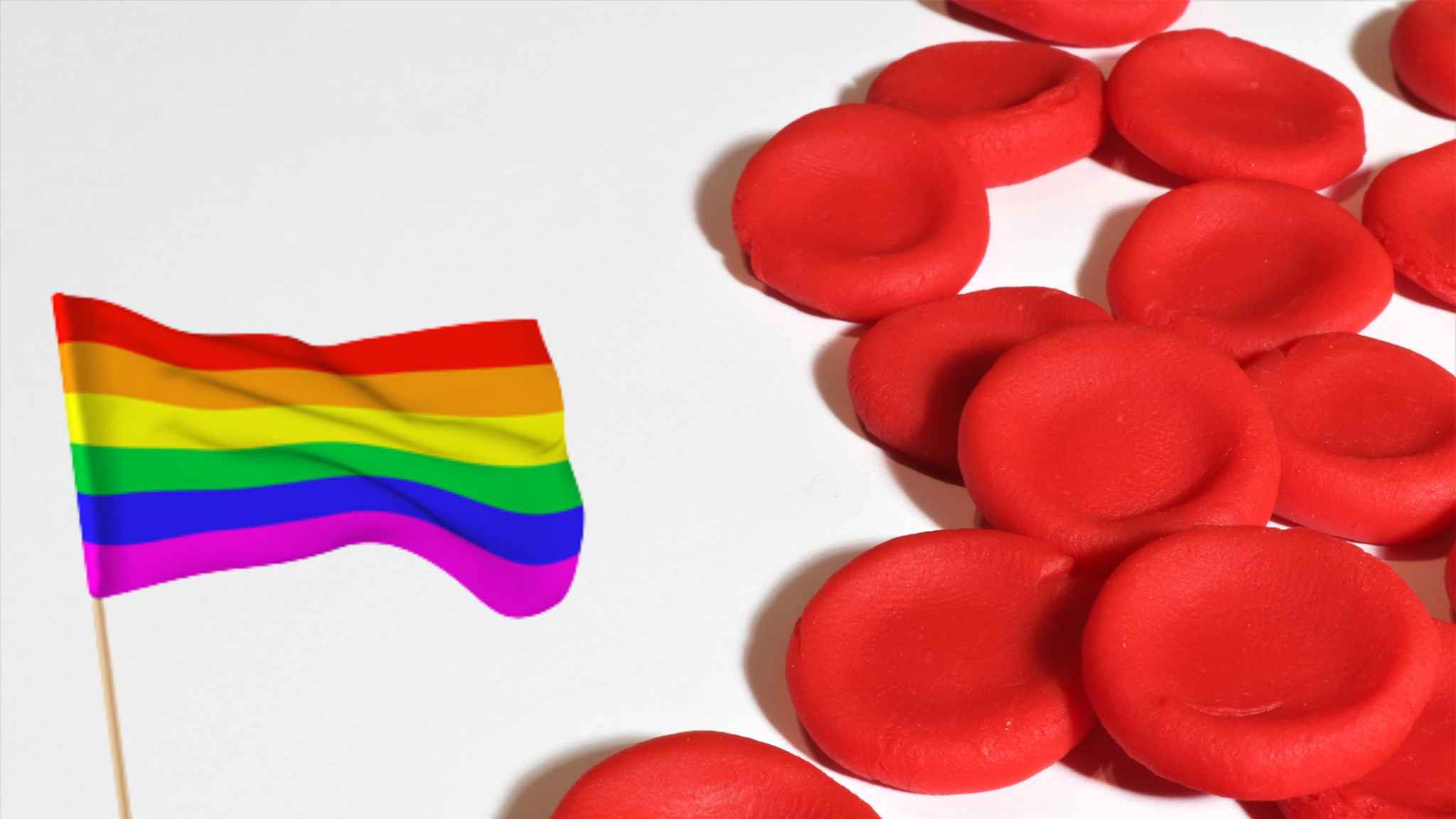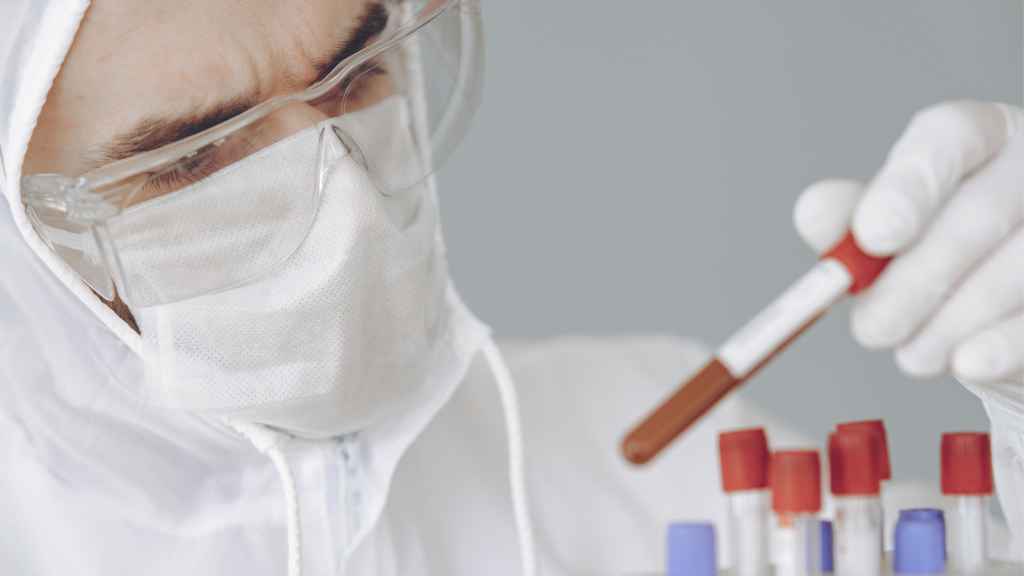Blood Donation By Gay And Bisexual Men: The FDA Is Considering A New Approach

The US is going through a first time national blood shortage crisis. This has led to 22 US senators urging the Food and Drug Administration and the Department of Health & Human Services to relax age-old restrictions regarding blood donations. According to the existing rule, gay or bisexual men have to abstain from any sexual activity for three months before donating blood.
This is a deeply regressive rule formed in the backdrop of stereotypes about homosexuality or the LGBTQ community in general. The senators, in their letter, asked the FDA to create rules that are based on scientific rationale and not based on discriminatory practices.
The American Red Cross expressed concern over the existing blood shortage and requested American citizens to donate blood at the earliest. Typically, the national blood reserve holds up to a five day availability, which has now been reduced to just under one day.
Can The New Policy Of Blood Donation By Gay And Bisexual Men Help?
The US Centers for Disease Control and Prevention stipulated that all blood donations have to be tested for different forms of infectious diseases like HIV and Hepatitis C. Ryan James Yezak, National Gay Blood Drive founder said that the government has to take active measures to create awareness and participation of the gay community regarding the blood donation drive.
The first major move in the direction of blood donation by gay and bisexual men was made in 2015 when the FDA removed a lifetime ban and made it to a period of twelve months deferral. Later, in April 2020, the FDA reduced the then-existing 12 month deferral to the present three months period. But even with the 3 months, the basic bias against a specific community is a matter of concern here. It is estimated that if these restrictions are removed, then the yearly blood supply can be increased by two to four percent.

Dr.Jack Resneck Jr. of the American Medical Association (AMA) said that they are fully supportive of lifting these regressive rules as they don’t have any scientific basis. The American Red Cross also added that blood donation eligibility shouldn’t be decided according to the sexual orientation of an individual and they are ready to work with officials to create a more inclusive rule structure. They have partnered with other organizations like Vitalant to start a research study by the name of ADVANCE which will be funded by the FDA to look at the possibility of replacing the 3-month deferrals with a questionnaire that hopes to answer the history of individual donors.
Around the world, many countries are doing away with their deferral periods imposed on the gay and bisexual community with the latest in this list being France and Greece. The UK also amended its rules but only for gay men living together for a long time. Other gay men are still asked to keep the three months. The blood donations made to the national blood reserve have the risk of certain infectious diseases seeping through as the tests done on these won’t be hundred percent accurate. Because of these possibilities and the statistical report of gay and bisexual men having a higher rate of HIV infections, the deferral communities will be eliminated from the blood donation pool as soon as any infection is detected. So the Human Rights Campaign advises that while creating a new policy or rule, certain factors are to be considered. This is where the solution of creating a personal history questionnaire comes in where it would try to establish whether the individual might have had unprotected sex recently before donating blood. This would also apply to all gender groups regardless of them being gay or bisexual.
The ongoing blood donation shortage and the call for new inclusive rules regarding blood donations are proving to be a revolutionary moment in the history of the LGBTQ community as one more regressive and unscientific practice is being challenged to establish more progressive regulations.





